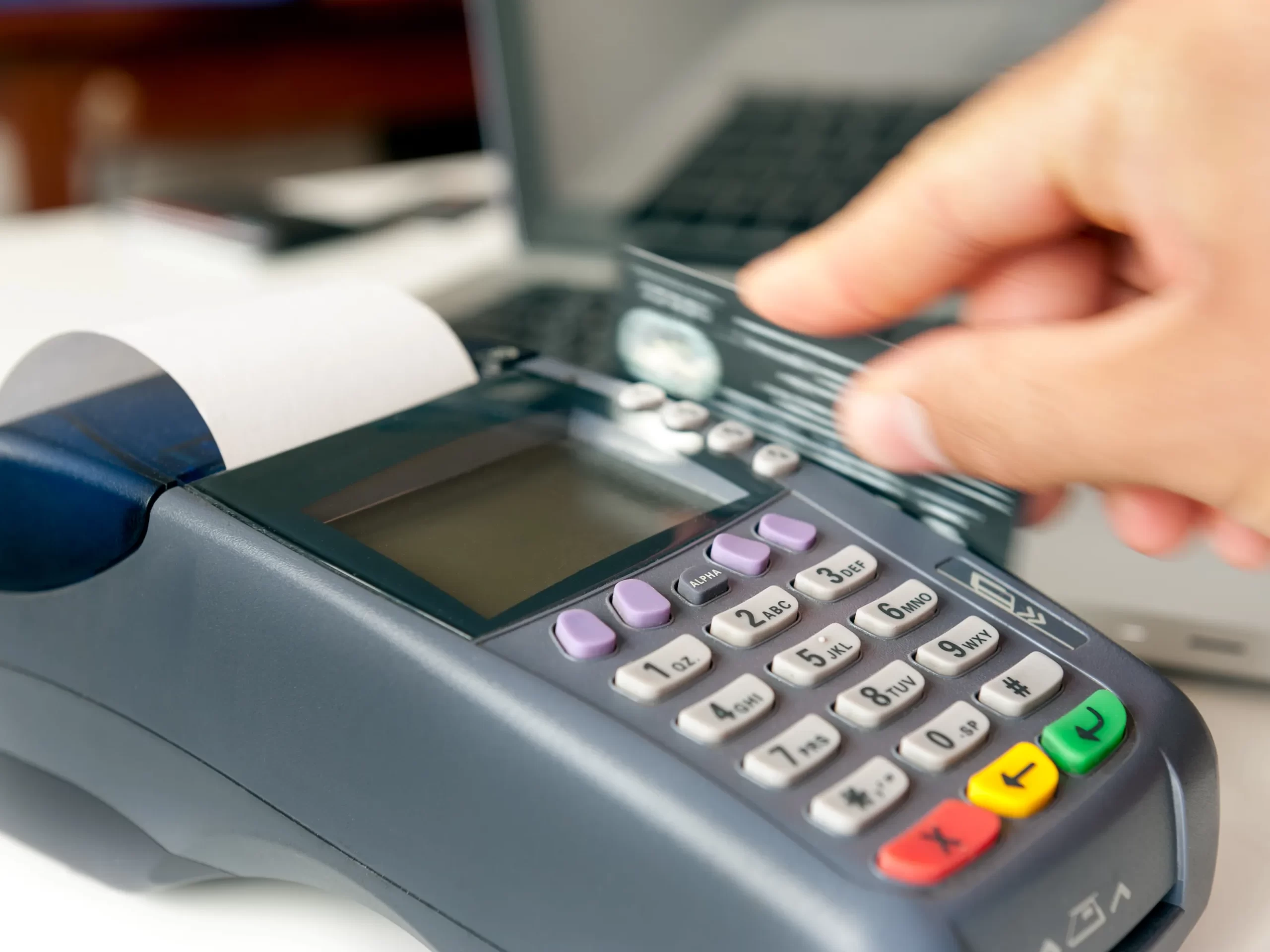As an entrepreneur and fintech investor, building a startup in Europe’s acquiring industry, I observe that with the intensification of competition among sellers and producers, customers are diversifying the ways they spend their money on various items. Whether it’s buying a coffee or a t-shirt, or even purchasing medical insurance and plane tickets, people have grown accustomed to using borrowed funds, usually in the form of widespread credit cards – writes Anatoly Makeshin
Access to borrowed funds allows them to enjoy goods or services before covering the loans they receive from banks.
However, the pursuit of customer loyalty and their funds is propelling a competitive environment among payment service providers enlisted by companies to sell their offerings. And Njoy Payments is undoubtedly a dynamic participant in this accelerating race that is gaining momentum throughout Europe.
The shift from traditional offline markets to online sales, a trend that was already in motion, received a boost during the Covid-19 pandemic. This crisis deprived billions of people worldwide of the option, or from a different perspective, the luxury, of shopping offline. Even with the easing of Covid-19 restrictions, companies continue to experience consistent growth in online sales.
To foster this growth and encourage purchases, even when customers don’t have the full amount of money on hand, financial services are striving to attract customers with more convenient payment options. Over the past decade, numerous breakthroughs and highlights in online payment services have emerged. Some of these ideas, which may have seemed like science fiction not long ago, are now a real part of the payment landscape. This momentum of payment innovation looks unstoppable, leaving companies and their customers wondering how they’ll carry out payments in the future.
I would like to highlight a few disruptive technologies that we didn’t have just a few years ago. These include cryptocurrencies, superwallets, BNPL (Buy Now – Pay Later) services, extended reality, and the use of big data along with artificial intelligence. Let’s take a closer look at each of them:
Cryptocurrencies
Everyone knows this word, which immediately brings Bitcoin to mind. Besides being one of the most unpredictable tradable market assets, cryptocurrencies are becoming a convenient means of payment that more and more industry leaders are trying to incorporate into their everyday sales.
Many leading payment systems are exploring ways to leverage cryptocurrencies and integrate them into their payment processing systems. Some companies, like major players such as Mastercard, are going even further and issuing cryptocardsIt is important to mention that these payment options are also very safe for customers, as sensitive personal and financial data are highly protected. This is one of the reasons why there are so few cases of fraudulent transactions or data loss in the industry of cryptopayments.
Super wallets
The growing usage of the term “super” suggests that it implies an “all-inclusive” solution for customers, granting access to a wide array of services through a single app. Some might assume that Apple Pay or Google Pay function as super wallets, but in reality, they do not, as both systems are restricted by the specific nature of the operating systems they rely on.
An example of a genuine super wallet, which also assists in tracking people’s spending and offers financial advice, is a concept called Personal Financial Management (PFM). By offering PFM tools, banks and their customers can benefit mutually. Banks can enhance customer engagement and satisfaction, increase revenue, reduce costs, and gain valuable insights into customer behavior. Meanwhile, customers can improve their financial management skills and achieve their financial goals.
Buy now – pay later (BNPL)
While the roots of the BNPL business can be traced back to the 19th century or even earlier, the trend received a significant boost in the past decade as fintech companies integrated installment plans into online stores. This innovation allowed consumers to split the cost and pay in full for the purchase later without paying interests to the bank.
Though this might not raise concerns for end-users, for merchants this type of short-term financing is not yet flawless, as there’s no out-of-the-box solution that authorizes installment payments simultaneously with accepting the payment within a single agreement.
However, there is still room for BNPL to be further developed. For instance, this solution could be integrated into goods delivery services, where a customer obtains BNPL approval and uses the money while filling out the delivery form.
Extended reality (XR)
XR is the new disruptive technology in the world of online sales. This is a real find for consumers who are not familiar with a company’s brand and for companies seeking to attract new admirers by merely displaying their products on others. Here’s how it could work: a person sees a cake in a coffee shop and takes a picture of it with their smartphone. XR would show the price and enable them to pay for it right away, making life easier for the customer and the coffee shop, which can save money on cash register equipment and even staff.
Alternatively, imagine walking down the street and spotting a nice garment on a passerby. Take a picture, and you would instantly access the brand, price details, along with a clickable button to pay for it.
The acquiring company provides the tool to scan a product, find it online, and facilitate the payment, which is, to some extent, similar to paying online on a marketplace
Big data, artificial intelligence (AI)
Using big data and AI could also be a positive disruptor in the world of online payments, especially for payments in installments. It can be utilized to improve scoring and onboarding processes. Additionally, AI can assist in developing payments for orders with voice commands and organizing the way orders and payments are placed and processed.


















































